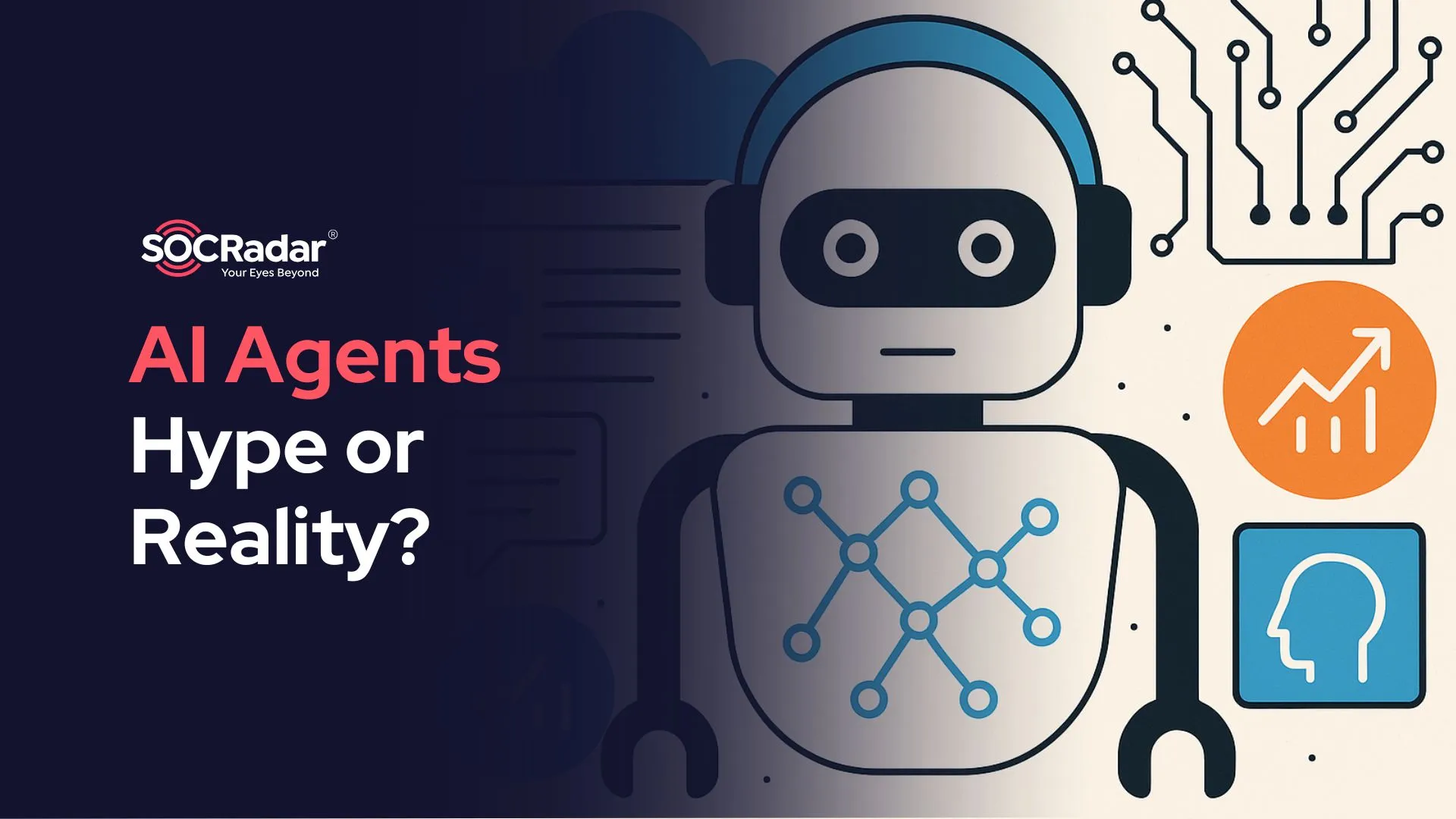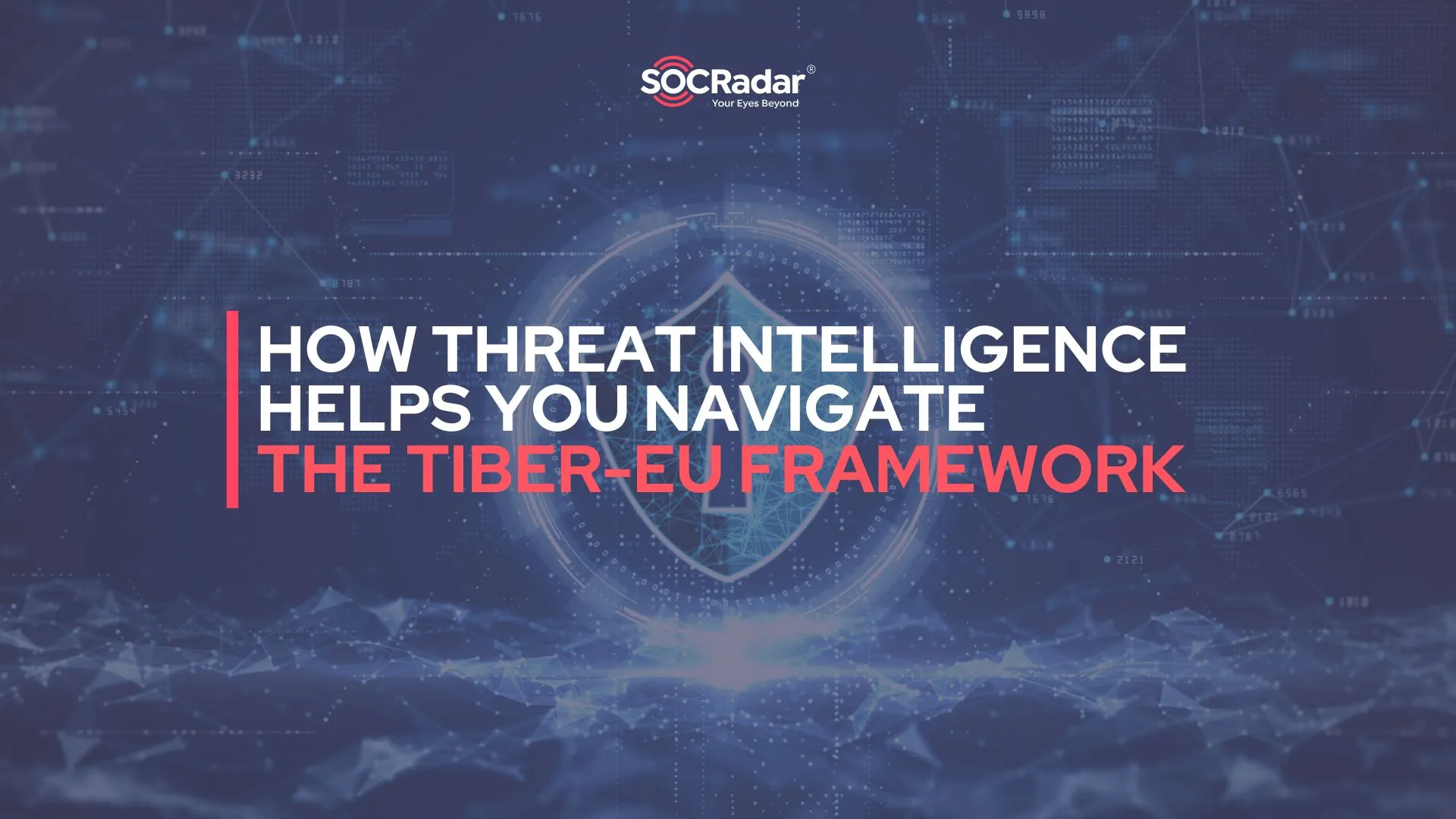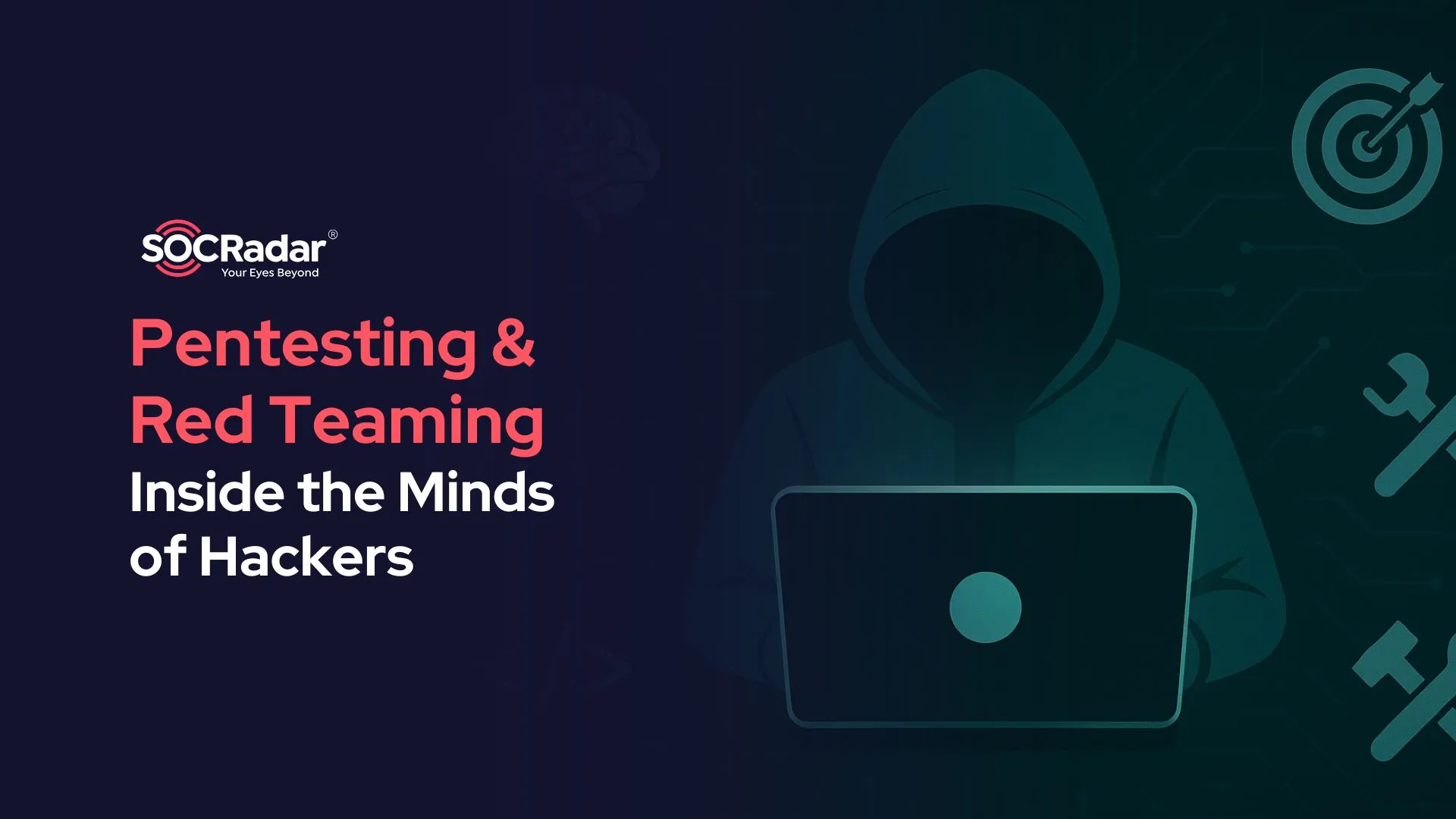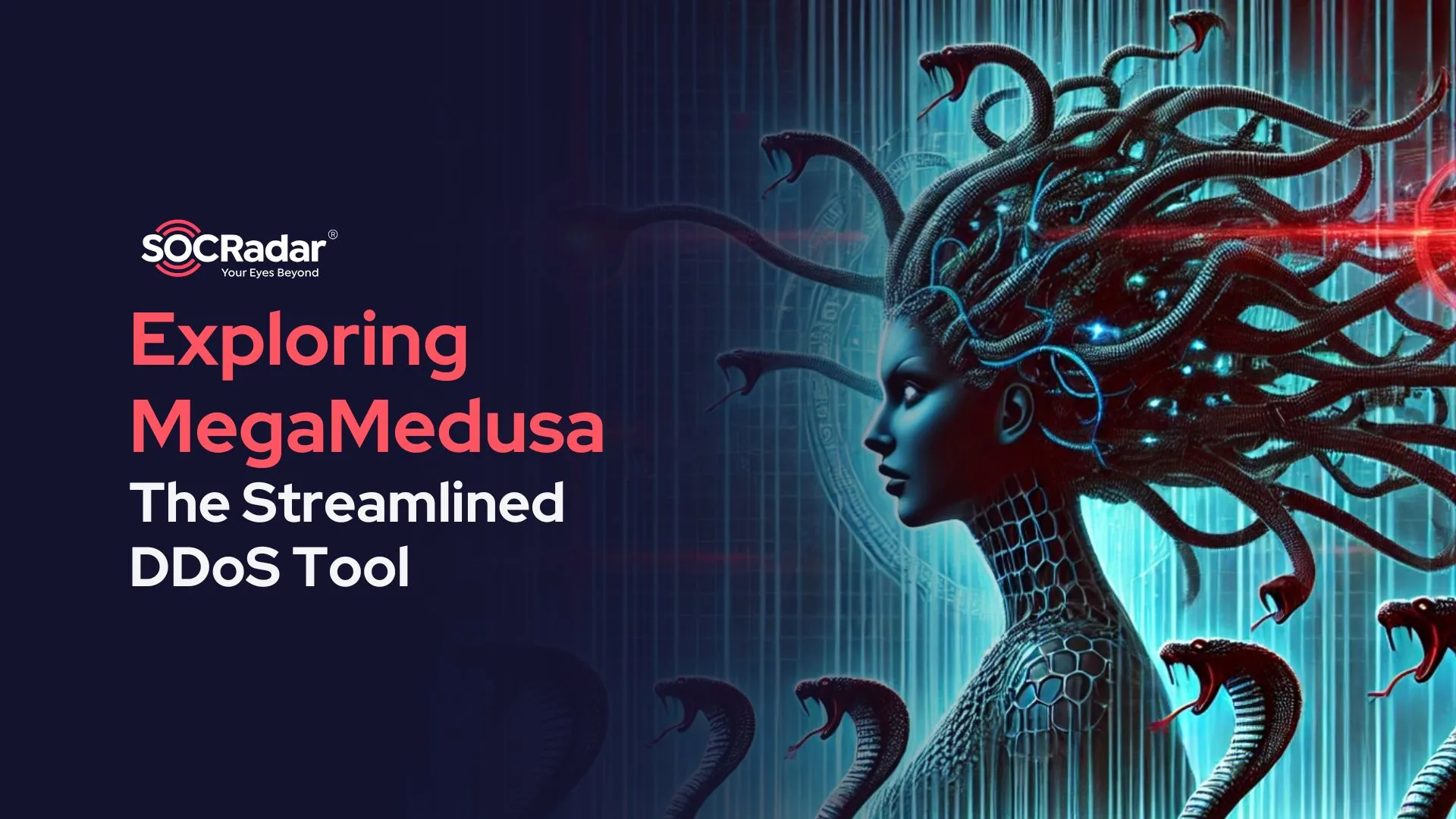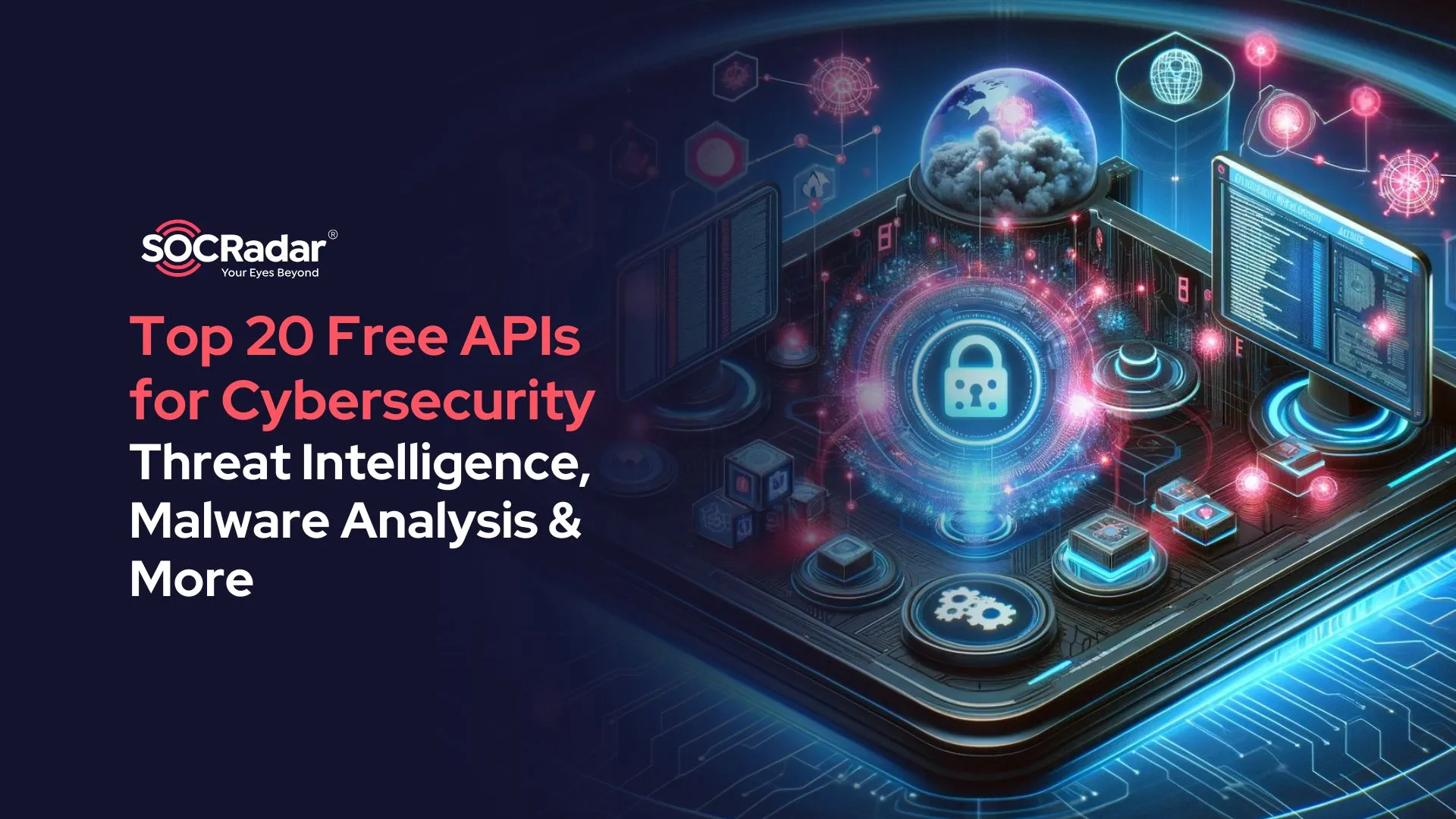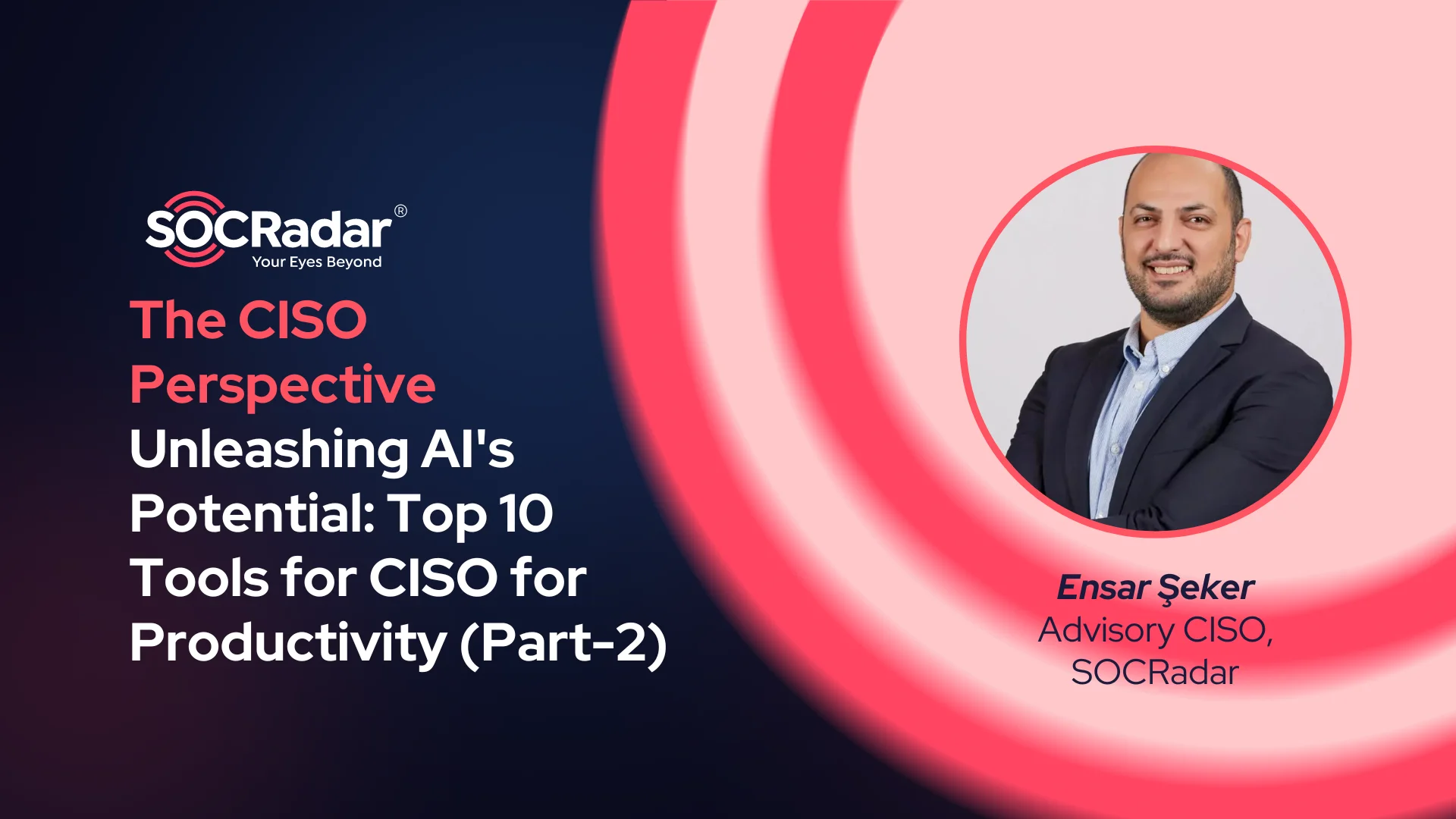
Unleashing AI’s Potential: Top 10 Tools for CISO for Security (Part-2)
Even in large organizations, persistent and ever-evolving cyber challenges have broken down perimeter security, and traditional methods leave a system highly vulnerable. Artificial intelligence (AI) and artificial intelligence tools are augmenting enterprises’ ability to fortify security controls. They aid in keeping abreast of cyber attackers’ malicious actions 24/7 and sharpen core security functions. This step-by-step guide exposes 10 AI tools that enhance cybersecurity management to help CISOs steer their organizations toward data security triumph.
Harnessing IBM Watson’s Multifaceted Prowess
IBM Watson is a tool for AI-based business solutions. It integrates different analytics software into one platform, together with natural language processing (NLP) and machine learning technology. It is a powerful platform with predictive analytics, virtual assistance, and deep data processing skills. It helps organizations gain business value by providing insights and actions and gives them the competitive edge to manage risk and enhance business values or efficiency with cyber security layers.
Google Cloud AI: Scalable Innovation at Your Fingertips
Google Cloud AI services are built on best-of-breed tools and services that can help organizations scale the adoption of AI to align with business objectives, leveraging Google’s machine learning methodologies, computing power, and deep learning frameworks. Whether imagining building or activating AI use cases in detecting fraud or predicting customer behavior, beefing up malware and ransomware detection, or improving chatbot response times and efficiencies – CISOs can leverage AI to shape the next-generation cybersecurity defense.
Microsoft Azure AI: Streamlining Deployment and Management
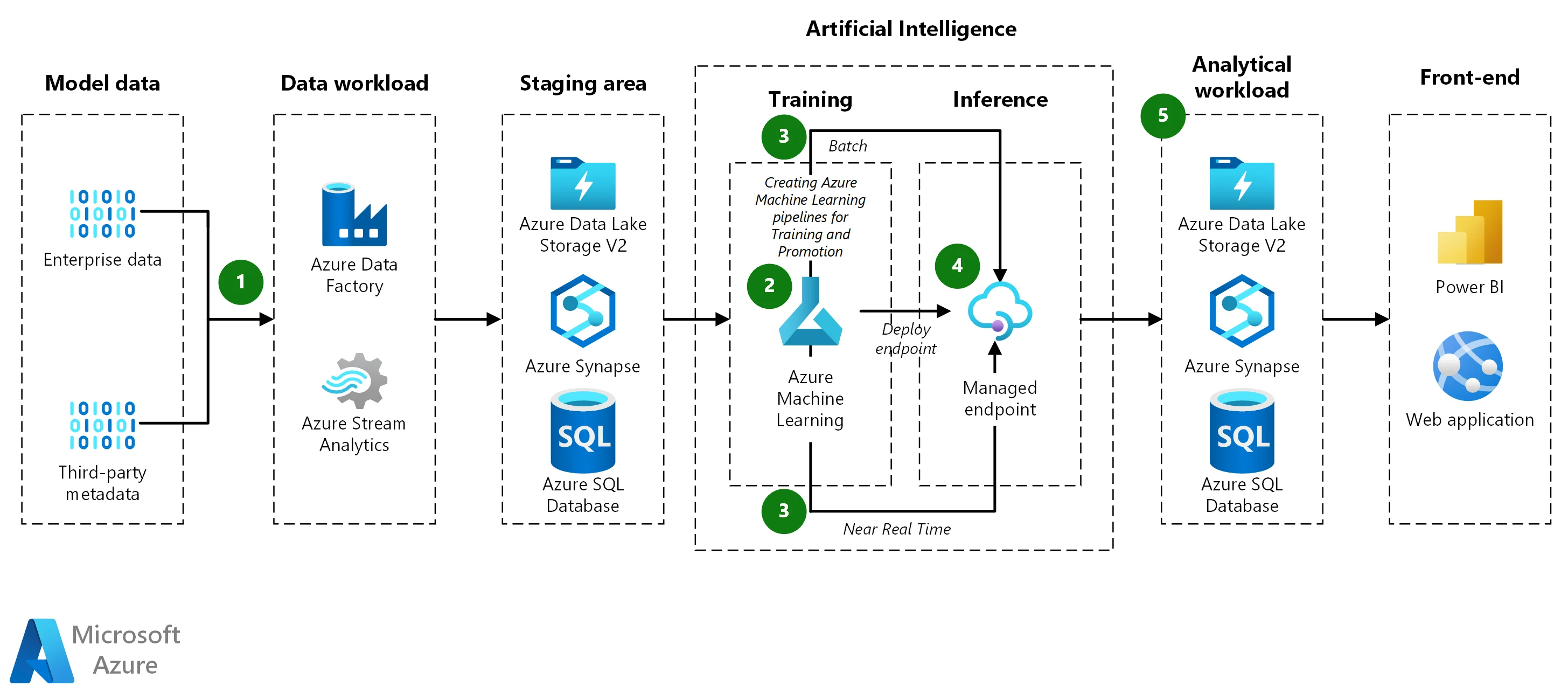
Many models machine learning at scale with Azure Machine Learning
An end-to-end AI suite such as Microsoft Azure AI contains offerings such as Azure Machine Learning to pattern ‘learn,’ AB Test Studio to use AI/ML models in real-time, Microsoft Adam to imitate gorilla behavior for fast training of neural networks; and Azure Cognitive Services to convert computer vision into human-sounding speech, understand human language, translate text, decipher emotions, understand speech, recognize and convert speech, and interpret visual data.
This streamlines the deployment and management of AI at scale, allowing for reduced operational costs; automated decision-making whose workflow can be quickly scaled, adapted, and changed in real-time; and highly personalized online experiences that can be served to customers with lightning speed and accuracy.
The opportunity to leapfrog into new paradigms of cyber resilience for their organizations hinges upon embracing Azure AI for the behavior assessment of the workforce; CISO and their team can bolster cybersecurity with exponential efficiency and effectiveness, especially against the future of single-minded, self-replicating, and autonomous adversaries.
Amazon AI: Enhancing Customer Engagement and Personalization
Amazon AI offers machine learning capabilities in natural language understanding and computer vision, which enable businesses to use Amazon AI services for innovative tasks with higher success rates. Among other developments, Amazon AI is accelerating the shift to personalization by helping organizations deliver tailored customer experiences, thereby increasing customer engagement online. Amazon AI can strengthen an organization’s cybersecurity capabilities by empowering CISOs to protect customer analytics and user-facing tools in a more tailored way, thereby improving business performance and enhancing customer trust and loyalty.
Salesforce Einstein: AI-Driven Insights for Optimal Performance
Salesforce Einstein combines AI intelligence into the Salesforce platform to help companies enable employees, engage customers, empower partners, and ultimately improve their company results. With AI-enabled by Einstein – using powerful predictive analytics, chatbots, intelligent automation, and more – companies can improve their sales process, deliver better service to their customers, and increase revenue through ‘astute’ insights for CISOs that mean improved decision-making, more effective threat detection, faster incident response, and smoother operations. This elevated function translates into enhanced cybersecurity protection for the organization.
Adobe Sensei: Intelligent Content for Personalized Experiences
For example, Adobe Sensei (the AI and machine learning core of Adobe’s creative and marketing solutions) includes content intelligence and customer segmentation that helps businesses personalize customer experiences, automate mundane tasks, and improve marketing effectiveness across various channels. By adding Sensei to their cybersecurity efforts, CISOs can use AI-driven content analysis to spot potential weaknesses and address them before they have a chance to become vulnerabilities.
OpenAI: Pioneering AI Research for Humanity’s Benefit
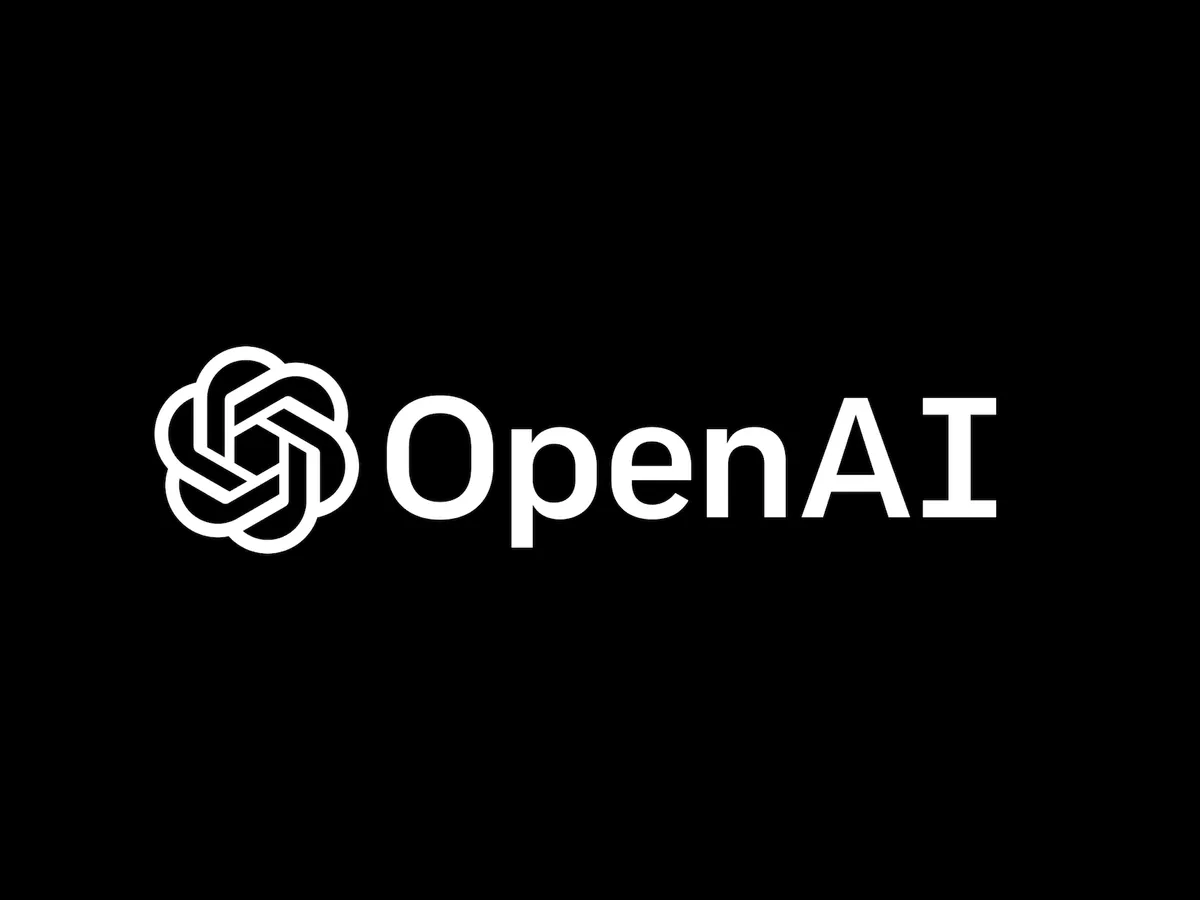
This one is OpenAI, which has become well known for its breakthrough research in AI, and for its mission to ensure that AI benefits the world as a whole. Most famously, OpenAI developed a series of models called GPT, or Generative Pre-trained Transformer, which others can use to apply some of the latest natural language processing capabilities to all sorts of problems, from content creation to translation. By leveraging innovative AI technologies from OpenAI and others to support their organizations, CISOs can be the first to tap into and employ the latest improvements to cybersecurity.
H2O.ai: Open-Source Platform for Machine Learning and Analytics
H2O.ai is an open-source platform for machine learning and what they call AI (artificial intelligence, which is defined as when automated models directly interact with humans). From within H2O.ai, development, deployment, and enacting predictive models are seamlessly integrated. Advanced statistical models can be run with built-in automated model selection, feature selection (standardizing variables), and hyperparameter tuning (finding the best combination). Advanced analytics take action on the data. For CISOs, this might mean detecting threats earlier, efficiently identifying and mitigating risk, and deriving a strategy. Our vulnerabilities are reduced.
DataRobot: Automated Machine Learning for Rapid Innovation
DataRobot is the leading commercially available package for automated machine learning, a product that allows system-generated models to be rapidly deployed, annotated, and adjusted when necessary. Using DataRobot’s automated feature extraction and model deployment pipelines, it’s possible to automate much more of the AI lifecycle, making it even easier and quicker for enterprises to develop and deploy AI applications and allow them to stay ahead of the curve. This gives CISOs a critical tool to enable their organizations to keep innovating in the face of new cyber threats.
UiPath: Robotic Process Automation for Operational Excellence
UiPath builds robotic process automation (RPA) and AI-driven business automation solutions. It helps you automate repetitive work. With its intelligent document processing and process discovery capabilities, empowered by machine learning, UiPath’s products help organizations do more with less, reduce operational expenses, and operate more efficiently. For CISOs, this should translate into more intelligent cybersecurity operations, faster incident response, and greater efficiency.
Organizations facing the increasingly complex, fast, and dynamic turbulences of the business environment necessitate AI-driven tools and technologies for their cybersecurity operations to maintain agility, efficiency, and stronger innovation. This detailed article on the top 10 AI tools goes beyond the parade of hype and fads. It offers insights into how businesses can avoid getting caught up in the trivial stuff and focus on the value that AI-driven tools can add to their business. These crucial technologies will enable CISOs to protect their organizations against new cyber threats. They will use next-generation approaches and allow their companies to reinvent themselves through new insights to streamline processes and deliver differentiated experiences by embracing AI into their business operations.





























